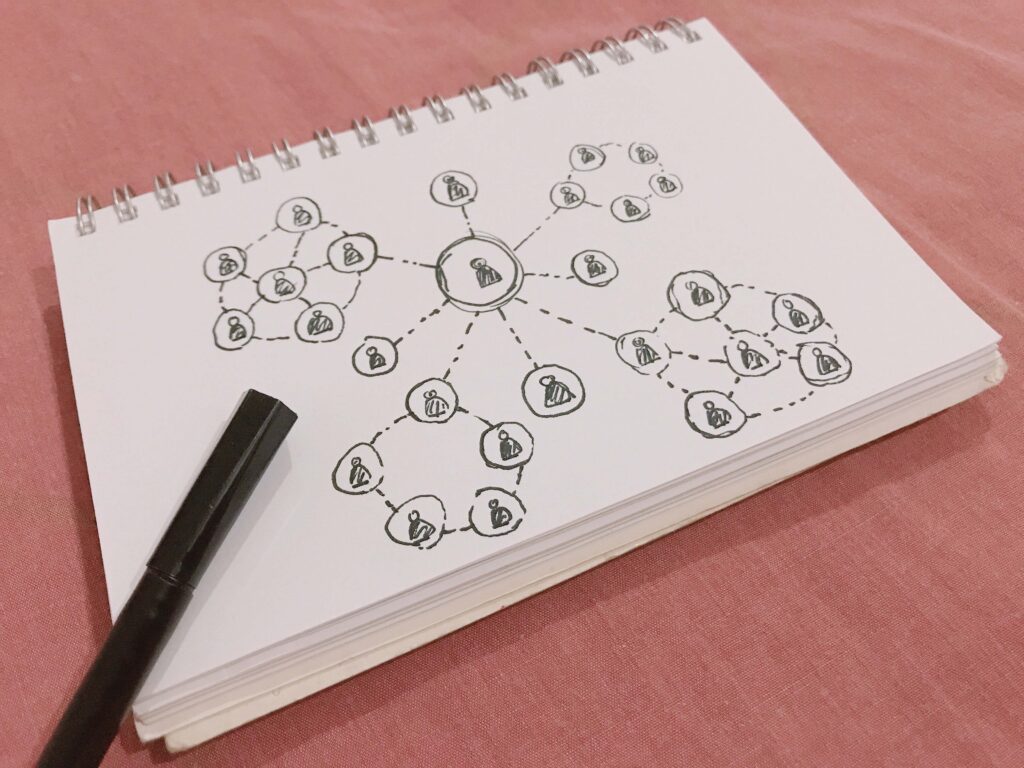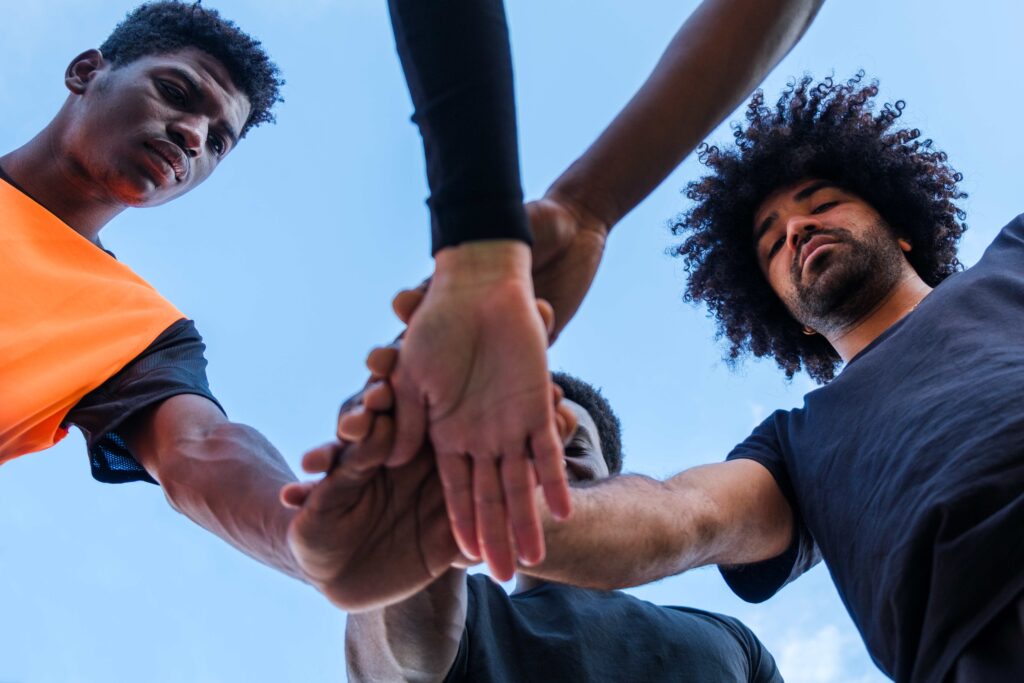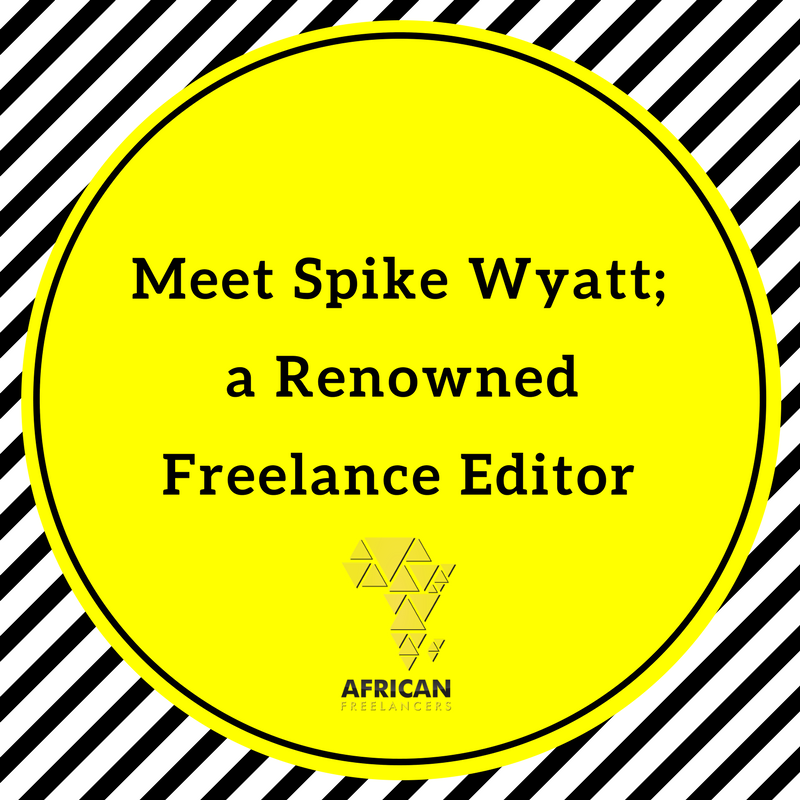Freelancing often feels like a solo journey. You’re the marketer, service provider, customer support, and sometimes all in one day. While this independence is empowering, it can also limit your growth if you try to do it all alone. Many freelancers hit a ceiling, struggling to scale their income, handle larger projects, or stay consistent with client work. Networking is a strategic move to grow your freelance career by building intentional relationships with others.
In this article, we’ll explore why networking matters for freelancers, how collaboration can unlock new opportunities, and practical ways to start building meaningful partnerships that help you thrive.
Why Networking Matters for Freelancers
In a traditional 9–to–5 job, networking often involves attending conferences or meeting with decision-makers to secure promotions. Networking for freelancers usually means a virtual ecosystem that provides an avenue for you to grow.
When done right, networking connects you with people who can refer clients, offer mentorship, collaborate on projects, or simply provide support when the freelance life gets overwhelming. It shifts you from working in isolation to building a community around your skills.
Many of the best gigs never get publicly posted. They’re shared within trusted networks. When you build strong connections with other freelancers or agency contacts, you’re more likely to be top of mind when opportunities arise.
Additionally, a solid professional network often turns into your best source of referrals. Clients trust recommendations from people they already work with, and that trust can extend to you. Freelancers who network with peers often grow faster. You learn new tools, trends, and smarter ways to deliver your services. A vibrant network means that when you’re stuck, unsure how to price, or facing a difficult client, a network offers perspective and guidance that can save you time and stress.
Benefits of Collaborating With Other Freelancers
If you’ve ever felt overwhelmed juggling every aspect of a project alone, freelance collaboration might be exactly what you need. Partnering with fellow freelancers can create a win-win situation, allowing you to deliver better results, manage larger workloads, and grow your skill set while maintaining flexibility.
1. Complementary Skills Lead to Better Projects
No one is great at everything. A web developer might team up with a UX designer, or a content writer might partner with a social media strategist. When you combine strengths, you create more value for clients and open yourself up to new types of projects you couldn’t take on alone.
2. Take On Bigger or More Complex Jobs
Some clients want a full-service package: design, content, strategy, and execution. By collaborating with others, you can say “yes” to bigger gigs that would otherwise be out of reach, all while dividing the workload based on expertise.
3. Share Workload During Busy Seasons
Have more work than you can handle? A trusted freelance partner can step in and help meet deadlines. Likewise, you can return the favor during their busy periods. It’s a practical way to manage feast-and-famine cycles.

4. Accelerate Learning and Growth
Working closely with other skilled freelancers helps you sharpen your skills faster. You’ll get feedback, discover new tools, and learn more efficient workflows, which are things you might not pick up working solo.
5. Expand Your Network Organically
Every collaborator has their network. When you work with someone, you naturally get introduced to their contacts. These contacts can go on to be some of your highest-paying, long-term clients for the rest of your freelance career.
6. Reduce Loneliness and Isolation
Let’s face it: freelancing can be lonely. Having trusted peers you regularly collaborate with makes the workday more enjoyable and helps you feel part of something bigger.
Freelance collaboration isn’t just about splitting tasks. When you collaborate, you are growing together. And once you’ve experienced the power of working with other freelancers, the next natural step is exploring agency partnerships.
How to Find the Right Collaborators
Whatever your networking goals and targets are, you want collaborators who not only complement your skills but also align with your values, communication style, and work ethic.
You can connect with potential collaborators on;
1. Freelance Platforms
Sites like Upwork, Fiverr, and other freelance platforms aren’t just for landing clients; they’re also communities. Use them to connect with other freelancers who offer services that complement yours. You can reach out directly or join forums and discussions where project partnerships are forming.
2. Social Media
Platforms like LinkedIn, Twitter (X), and Instagram are goldmines for finding like-minded creatives.
- On LinkedIn, follow freelancers or agency owners in your niche and engage with their content before reaching out.
- Use niche hashtags (e.g., #freelancecopywriter, #UXfreelancer) to discover others in your industry.
- On Instagram, engage with other freelancers’ work and share your collaboration-friendly projects.
3. Slack and Discord Communities
Many niche freelance communities live on platforms like Slack and Discord. Some of these communities are exclusive and sometimes not free, while some others are free to enter. Choose one depending on your budget and your interests
4. Co-Working Spaces and Local Events
If you’re open to offline connections, co-working hubs and local creative meetups can be great places to meet freelancers and agencies. You get to build trust face-to-face and often meet collaborators through mutual acquaintances.
5. Referrals From Your Current Network
Never underestimate the power of a simple ask. Reach out to past clients, former coworkers, or freelance friends and let them know you’re open to freelance collaboration or looking for agency partnerships. People love connecting with others when there’s clear mutual value.
Building Strong and Sustainable Collaborations
Successful freelance collaborations and agency partnerships don’t just happen. They’re built on clear communication, mutual respect, and intentional structure. A good starting point is to test the waters with a small task or project. This allows you to gauge compatibility in terms of work style, reliability, and communication before committing to something bigger.

Once you agree to work together, define your roles and expectations from the start. Clearly outline who handles what, set deadlines, and agree on payment terms. Even a simple contract or shared document can help avoid misunderstandings down the line.
To stay organized, use tools like Trello, Notion, or Google Docs to manage tasks and share files. Regular, open communication, via Slack, WhatsApp, or email, keeps everyone aligned and builds trust. It’s also important to respect boundaries; most freelancers value flexibility and won’t appreciate being messaged at odd hours or pushed to meet unrealistic deadlines.
Finally, don’t forget to give credit where it’s due. A shoutout on social media, a tag in a portfolio post, or a simple referral can go a long way in strengthening the relationship and encouraging future collaborations.
Conclusion
Strategic networking can help you break out of isolation, take on bigger opportunities, and accelerate your career. For African freelancers, collaboration is more than a growth strategy; it’s a means to overcome common barriers, such as inconsistent access to clients, limited resources, or geographic constraints. When you partner with others across the continent (and beyond), you expand your reach, pool your strengths, and build resilience in a competitive market.
So, instead of waiting for the perfect client to find you, take the first step: reach out to a fellow freelancer, join an online community, or introduce yourself to an agency that aligns with your skills. Collaboration could be the key that unlocks the next level of your freelance journey.
And if you’re looking for more tips, strategies, and community-driven content, explore other articles on africanfreelancers.com and join a growing network of empowered creatives across Africa.





